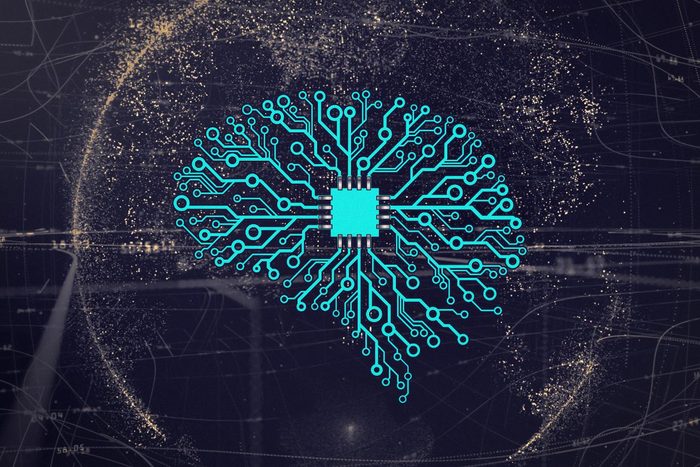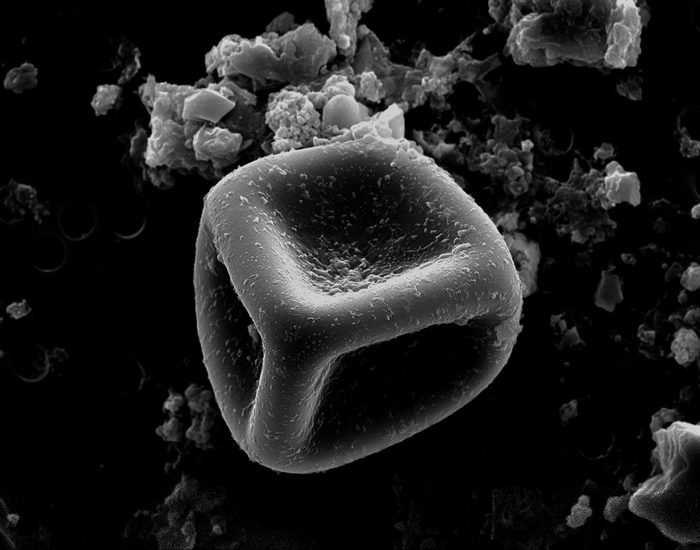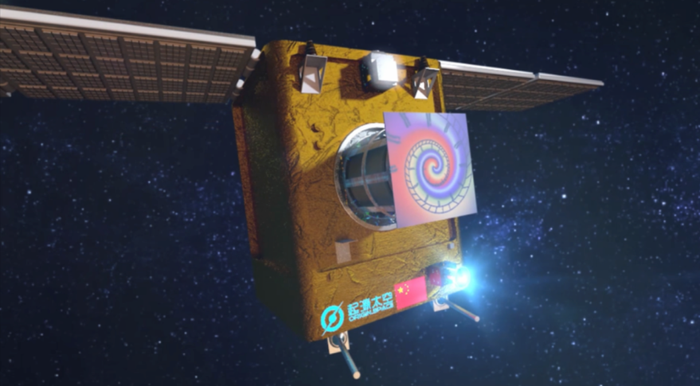Good morning, this is Achintya, and I am excited to be taking over as editor of Geneva Solutions’ science and technology newsletter from today. For our first piece this week, we have Rüdiger Urbanke and Emmanuel Abbé from EPFL tell us why laws alone are insufficient in regulating AI.
Staying with EPFL, we also look at how their colleagues in a different department are helping predict the onset of hallucinations in patients suffering from Parkinson’s by awakening “ghosts” in the brain. And we go across the Atlantic to the first controversial test in the US of genetically modified mosquitoes, released in Florida despite local objections. |
|
Science & Technology News
|
|

Image: Mike MacKenzie via www.vpnsrus.com
|
|
🤖 Laws alone are no match for the power of AI.
With the European Commission having just announced proposed to stimulate innovations in the area of Artificial Intelligence (AI) and also to rein in potential downsides, EPFL’s Rüdiger Urbanke and Emmanuel Abbé argue that self-regulation by companies alone will not suffice.
Geneva Solutions (EN)
|
|
👻 Awakening “ghosts" in Parkinson’s patients.
A new “brain stress test” developed by EPFL can help predict the onset of hallucinations in patients with Parkinson’s disease, the world’s second most prevalent neurodegenerative disease. The researchers also provide evidence of a means to identify the severity of the disease’s progression.
EPFL (EN)
|
|
Here’s what else is happening
|

The Cube, by Clément Pollier, University of Geneva
|
|
The cube.
This image, which was acquired by a scanning electron microscope at 2,700 times magnification, shows an unexplained phenomenon: a cube-like structure formed from a microbial mat (a multi-layered sheet of microorganisms) and collected in the province of Tierra del Fuego in Chile. It was one of the winning entries to the Swiss National Science Foundation's (SNSF) Scientific Image Competition 2021, the results of which were announced last week.
SNSF (EN)
|
|
|
Anticipatory reads by GESDA
|
|

An illustration of the Origin Space NEO-1 space mining test spacecraft in orbit. (©Origin Space)
|
|
Like many others, the field of space mining has suffered from initial hype or over-exposure:
just before 2010, it was a total trend. But a few years ago, the fading of asteroid mining big ventures like Planetary Resources (which was finally bought and partly transformed into a company dedicated to blockchain projects in space) has blurred the shining fascination of this scientific and technological endeavour. At least among the general public and the media.
Last week, however, right after the Space Resources Week, which attracted top experts of the field in Luxembourg, China launched a test spacecraft: the small satellite will test near-Earth asteroid observation and prototype technology verification for space resource acquisition in low Earth orbit, describes Spacenews (see below).
“The goal is to verify and demonstrate multiple functions such as spacecraft orbital maneuver, simulated small celestial body capture, intelligent spacecraft identification and control,” Yu Tianhong, co-founder of Origin Space (the corporation behind the satellite), told IEEE Spectrum last year.
The Financial Times even underlines that “the costs run high and the returns are not immediate but extraterrestrial mining is now within the realms of the probable. Beyond gaining access to precious commodities, many in the space industry see such ventures as leading to further exploration of outer space.” The field of space mining is gaining traction again, surely but more prudently and modestly. Until some fancy high-tech entrepreneur will put on the shining-hyped side of news again?
-Olivier Dessibourg
(EN)
|

This selection is proposed by the Geneva Science and Diplomacy Anticipator
GESDA, working on
anticipating cutting-edge science and technological advances to develop innovative and inclusive
solutions for the
benefit of the planet and its inhabitants.
|
|
GS news is a new media project covering the world of international cooperation and development. Don’t hesitate to forward our newsletter!
Have a good day!
|

|
|
Avenue du Bouchet 2
1209 Genève
Suisse
|
|
|
| |











